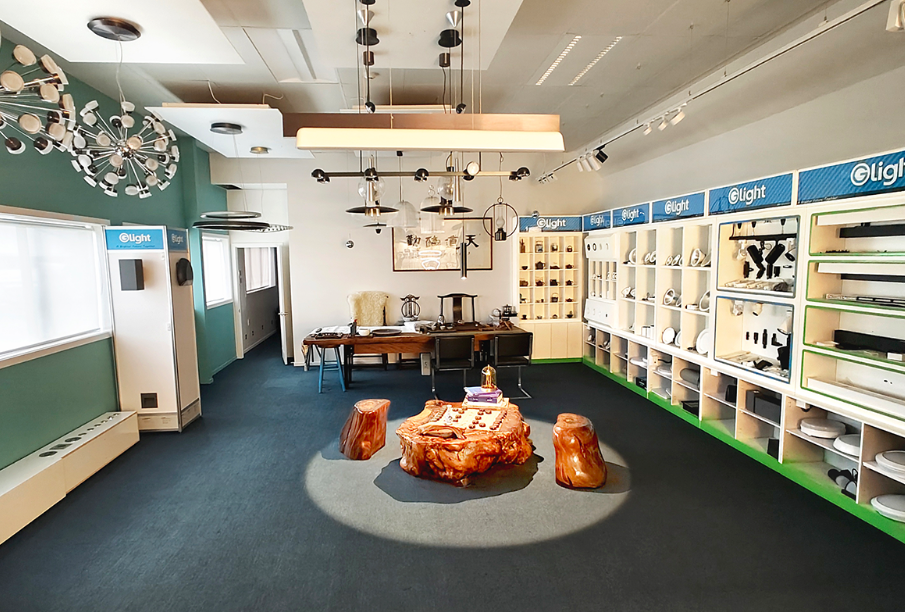Emergency lighting in Auckland is a critical component of any building’s safety plan. It is required by code in many states and is the first line of defence in the event of a power outage or other emergency.
There are a number of factors to consider when choosing emergency lighting for your home or business. Here are 5 of the most important:
-
Establish your needs:
When choosing emergency lights, it is important to first establish the needs of your space. You may need a single light that can be used in a variety of situations or a more elaborate system that includes several different types of lighting fixtures. In any case, make sure you have an emergency plan in place and that it is easy for all occupants to follow in an emergency situation.
-
Choose between rechargeable and non-rechargeable:
Emergency lights come in both rechargeable and non-rechargeable varieties. The main difference between the two is how much time they will last before needing to be recharged or replaced. Rechargeable batteries can typically last for about 12 hours with normal use, while non-rechargeable batteries will last for about 5 hours at most before needing replacement or recharging again.
-
Consider your space:
The size of the area you want to illuminate will determine how many fixtures you need and what type of fixture you should choose. For example, large warehouses will require fewer but larger fixtures than small offices. It’s also important to consider where you want the lights to be placed in relation to exits or stairwells. If they are not visible from these areas, they may not provide sufficient illumination during an emergency situation.
-
Focus on the fixture:
Emergency lights come in many different types, from battery-powered lanterns that can be controlled using lighting switches to full-room fixtures that can be controlled remotely using wireless technology. Each has its advantages and disadvantages, so it’s important to consider how much power you need as well as how easy it will be to install and use your chosen model.
-
Always have a backup plan:
Finally, it’s important to consider where your emergency power comes from and how long it will last during an outage. Most homes rely on battery backup systems for their emergency lighting but are sure that these batteries are tested regularly and replaced as needed to ensure they work when needed most!
Think about what’s important to you when choosing emergency lighting in Auckland for your home or business.
Related Tag: ceiling lights nz


